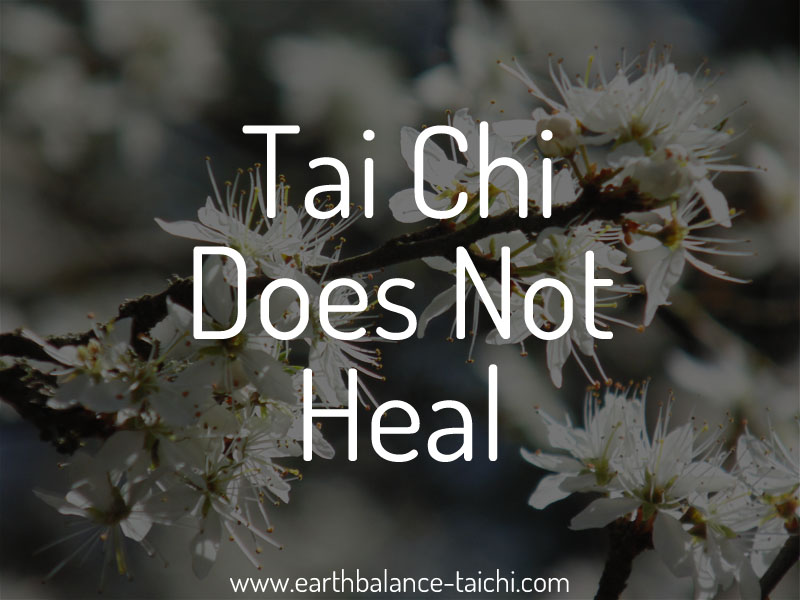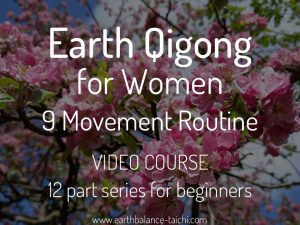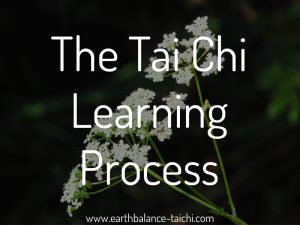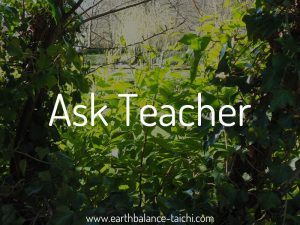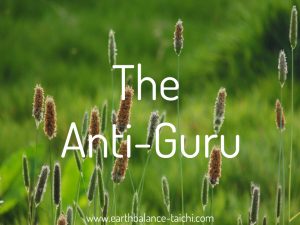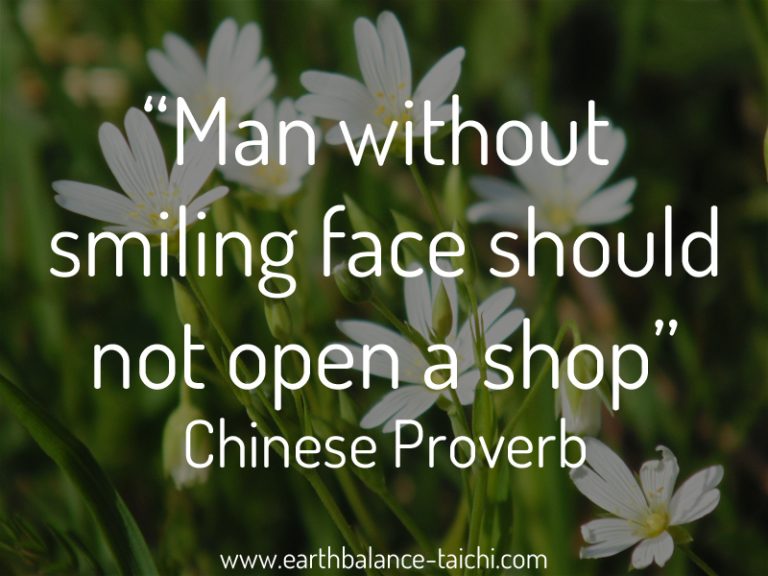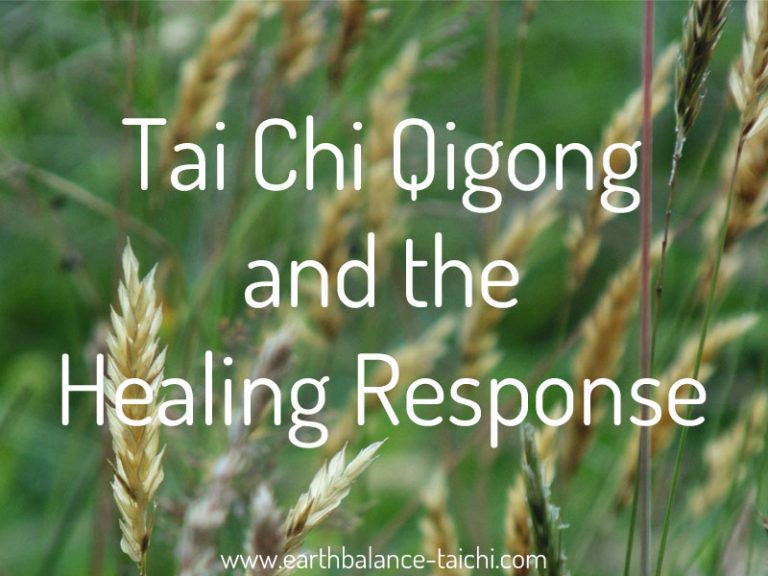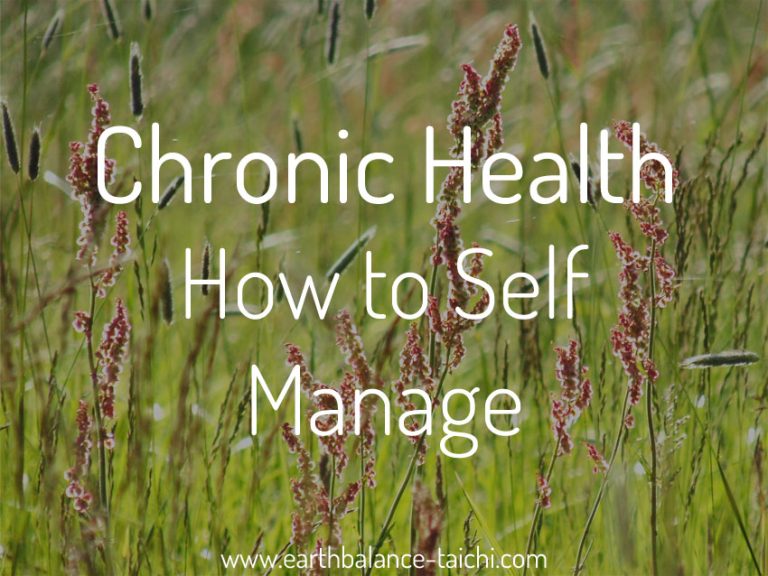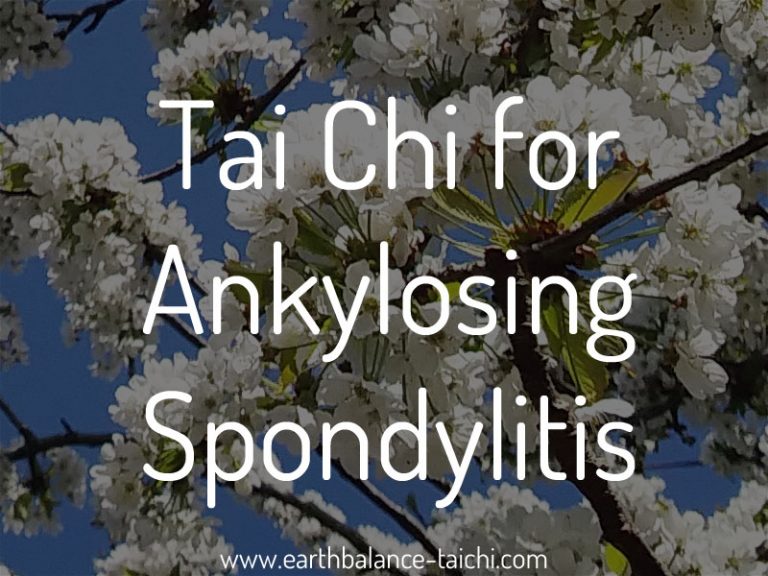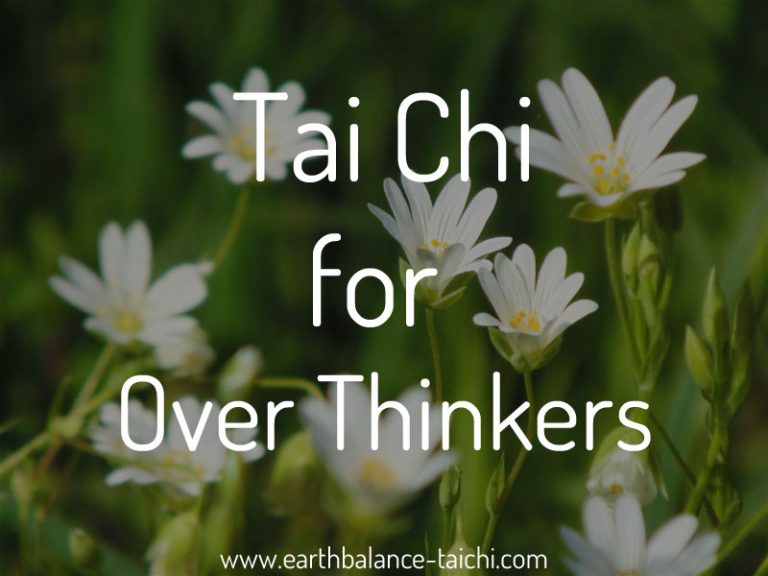Tai Chi Does Not Heal
Tai Chi Does Not Heal
The ‘ask the teacher’ question this month is from an email I received which said that Tai Chi:
"healed my childhood knee problems and bad tendonitis in my arm, neither to return again, despite not continuing Tai Chi"
"Can it repair and strengthen ligaments that were injured or are weak / loose from sports many years ago?"
"I know you can't make guarantees, but I'm wondering if it is possible...if that is what an increased energy flow is capable of?”
Read my reply and discussion below on Tai Chi and healing.
Thanks for your message. It's not a simple yes or no, as there are many considerations.
It's not a case of what Tai Chi can do for you, rather how you and your body respond to the movements. There are so many variables e.g.: genetics, physical condition, fitness, physiological health, mental health, habitual posture, lifestyle, routine, nutrition, external stresses, environment, age, mindset etc.
Tai chi itself does not heal, it's a method of dynamic slow movement that uses aligned body mechanics, applied relaxation and body awareness to help the functions of the body to work better. "Improved function" covers both the theory of Traditional Chinese Medicine and physiological, postural and mental health. You can get similar effects with other integrated whole mind/body practices like yoga.
It is a case of trial and error with what works for you, and it may be a multi prong approach with other professionals e.g. physiotherapists, physical therapists, naturopaths, acupuncturists etc. The body mechanics in Tai Chi that create the health benefits take a long time to learn, it's not a quick fix. You can expect to train frequently and continually to see any benefit. Traditional Tai Chi skills are difficult to learn and even harder to maintain.
Here are some of my articles which may be of interest which discuss injury and healing in detail:
Tai Chi for Injury Recovery - Tai Chi and the Healing Process
Health Benefits - Physical Symmetry - Method Not Mimic
It also depends on who is teaching you, as sadly the industry is full of watered down versions of Tai Chi, that are no more than dancing slowly and waving hands in the air. These versions of Tai Chi are probably the worst forms of exercise you can do for health and healing. I hope this all helps, good luck in your Tai Chi journey.
The point I would like to make in this blog post is that on a simplistic level Tai Chi does not heal. I have had similar conversations with many students, and my answer and reasoning is it is not passive healing / rejuvenation / recovery. This response is sometimes not welcome.
Injuries can heal without you doing anything to help, injuries can remain persistent whilst you are doing the upmost to help. It’s too simplistic to say Tai Chi healed something or the other. In fact, it’s completely unethical, and any Tai Chi or Qigong instructor who promises and ‘guarantees’ healing should be avoided.
I do my best to manage the expectations of students when they begin, so they know what they are getting into, what they can expect both good and bad, the purpose and reason behind the movements, the relationship with Traditional Chinese Medicine (TCM), as well as the relationship with physiological and anatomical health.
- Yes, you can aid the speed of injury recovery by practising Tai Chi and Qigong frequently and accurately.
- Yes, you can aid all physiological systems to function better by following the principles of body mechanics.
- Yes, you can improve the flexibility, resilience and mobility of the connective and soft tissue.
- Yes, you can strengthen the muscles by training them to work together in whole body movements.
- Yes, you can aid the breaking down of previous scar tissue and sticky lesions from previous injury.
- Yes, you can aid lymph system function to help flush toxins and lessen inflammation in the body.
- Yes, you can learn to release excessive physical tension which helps lessen fatigue.
- Yes, you can stimulate the body with the movements from a TCM perspective to clear stagnation, free blockages and aid Qi and blood flow.
- Yes, you can improve your mental health through mindfulness movements, deep breathing and body awareness.
- Yes, you can improve your wellbeing by calming down your central nervous system on a regular basis.
With two caveats; a) you are part of the process, and b) nothing is a given.
Tai Chi and Qigong are not something that is outside of yourself. They are active, meaning you perform an action which helps body systems function better (healing / rejuvenation / recovery). Therefore, your input is vital and for the most part you are responsible for your progress. What you put into your training is everything. With that said, Tai Chi is not an easy journey to embark on. It will take time and applied effort to progress and experience the benefits. There will be small successes and many failures in your training. Chasing a certain result is fruitless.
In some cases, you may not recover from an injury or illness due to X, Y or Z. However by practising the mindful movement arts, you will be able to cope and manage better, and you will also be putting your mind, body and spirit into the best position to improve your quality of life. Consider how improving your posture and alignment, fascia elasticity, muscular strength, physical symmetry, body awareness, organ function, oxygen intake, central nervous system balance, hormone balance, digestion, lymph and blood flow, will make you feel. All of these are proactive ways to manage your quality of life on a day to day basis.
Adding context to this topic, on a foundation level the meaning of the name “Qigong” is:
- Qigong translates to = healthy blood flow achieved through applied effort over time.
- Tai Chi = the principles of Qigong + martial arts = healthy blood flow achieved through applied effort over time + martial arts.
Tai Chi does not heal, your body does! The healing comes from your actions. Think active not passive.
* Please note that this programme is not a replacement for conventional medical treatment. Please speak with your doctor prior to starting a new exercise or meditation programme. This article is for information purposes only and must not be taken as medical advice. *
